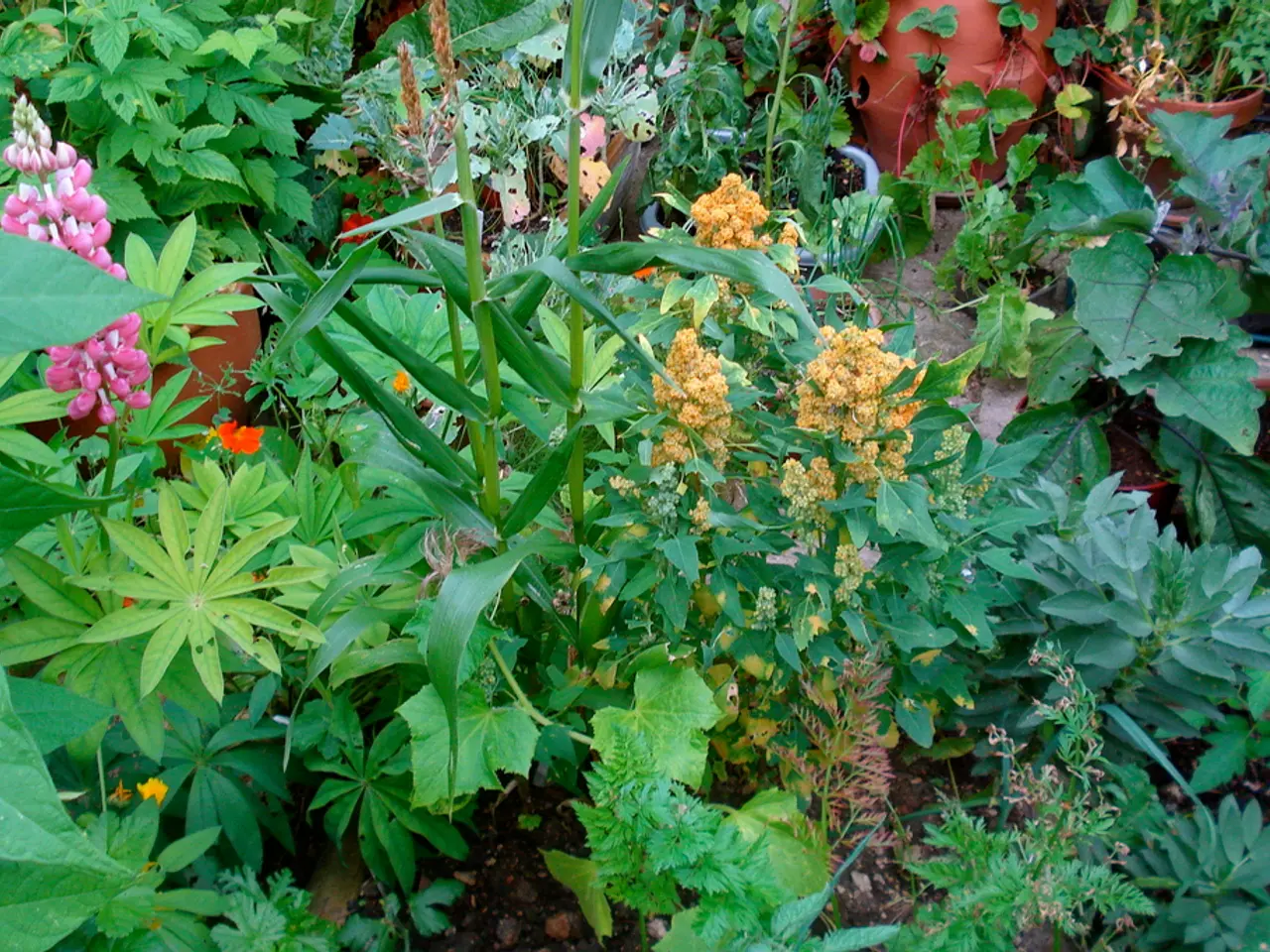Sustainable Gardening Primer: Key Insights & Four Compelling Motivations
Sustainable gardening is a method of gardening that aims to benefit and support the natural environment and wildlife. By adopting these practices, you can create a thriving garden that is not only beautiful but also eco-friendly and budget-friendly. Here are some effective strategies:
Sustainable Gardening Practices
1. Composting and Using Organic Matter
Composting is a simple yet effective way to convert kitchen and garden waste into nutrient-rich soil. A well-ventilated compost bin is all you need to achieve this. Include a mix of green (vegetable scraps, grass clippings) and brown materials (leaves, straw) to achieve a balanced decomposition. If you have chickens, their manure can also be used as a natural fertilizer, rich in nutrients.
2. Water Conservation
- Rainwater Collection: Install rain barrels to collect and store rainwater for irrigation purposes.
- Efficient Irrigation: Use drip irrigation or soaker hoses to minimize water waste by delivering water directly to the roots.
3. Native Plants and Wildlife-Friendly Features
- Native Plants: Plant native species that require less maintenance and support local biodiversity.
- Wildlife Habitats: Incorporate features like rock gardens, dead wood, and ponds to provide habitat for insects, birds, and other wildlife.
4. Organic Gardening Techniques
- Crop Rotation: Rotate crops to maintain soil health and reduce pest and disease buildup.
- Biological Pest Control: Use beneficial insects and microorganisms to manage pests naturally.
5. Resource Efficiency
- Reduce Chemical Use: Avoid synthetic fertilizers and pesticides to minimize environmental impact.
- Recycle and Repurpose: Use recycled materials for garden structures and repurpose old materials for planters.
Financial Benefits
Implementing these practices can lead to long-term savings: - Reduced Water Bills: By using rainwater and efficient irrigation systems. - Lower Fertilizer Costs: Composting and using organic matter reduce the need for commercial fertilizers. - Increased Crop Yield: Healthy soil and biodiversity improve plant resilience, leading to better harvests with fewer inputs.
In addition, you can encourage more insects by installing bee and bug hotels, improve soil health through methods like green manure cover crops, mulching, and reducing compaction, and conserve grey water from the house for garden use. Steering clear of plants that are toxic to animals is important for wildlife safety.
By adopting these sustainable gardening practices, you can help conserve resources, reduce waste, support local wildlife, and save money. With the depletion of the earth's resources daily, it's more important than ever to make small everyday changes that can still make a difference in helping with climate change and making the world more sustainable.
By incorporating native plants and wildlife-friendly features in your lifestyle and home-and-garden, such as rock gardens, dead wood, and ponds, you're providing habitats for insects, birds, and other wildlife, promoting sustainable living. Additionally, composting and using organic matter in your gardening practices not only benefits the natural environment but also contributes to financial savings by reducing fertilizer costs and promoting increased crop yield.




